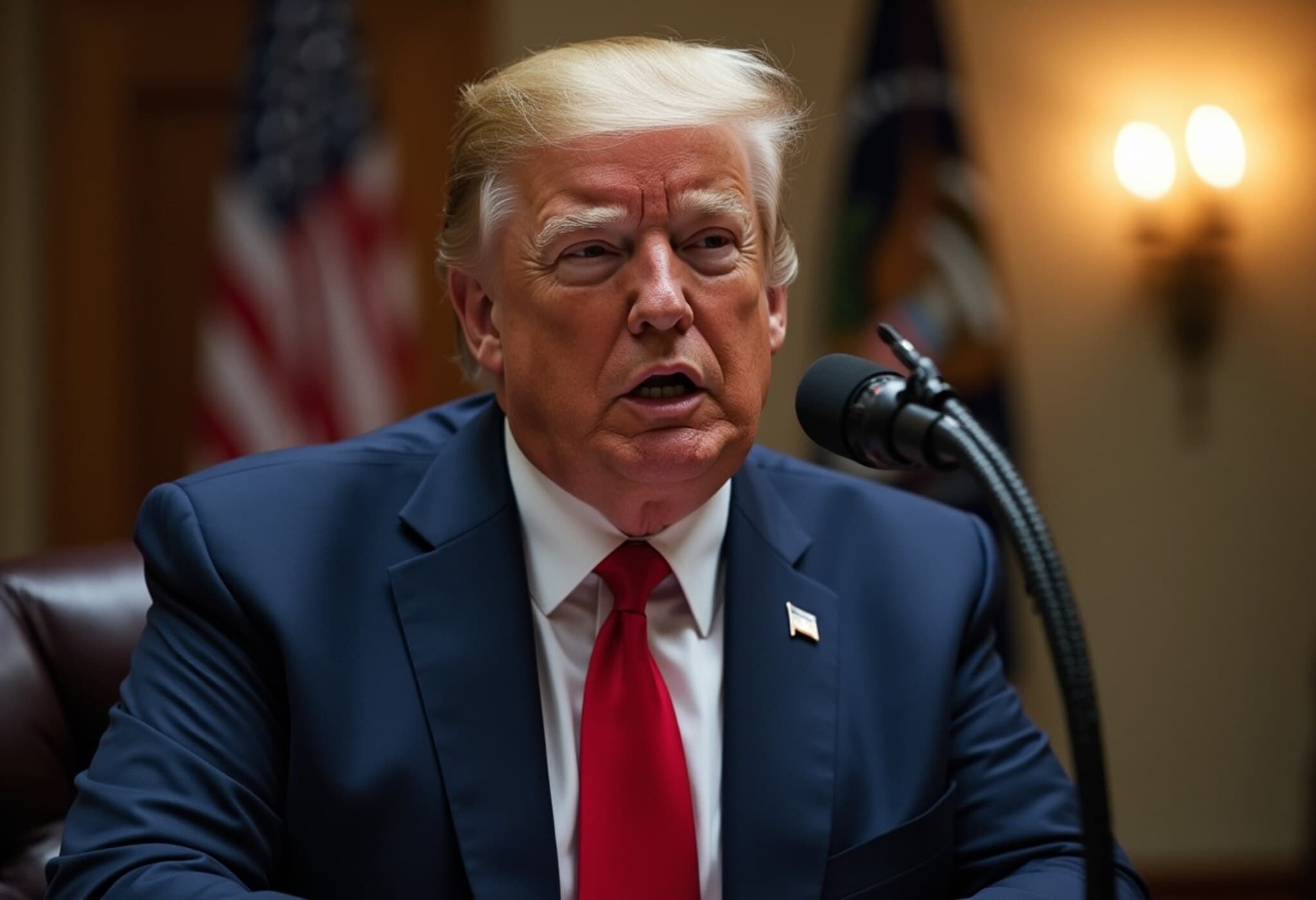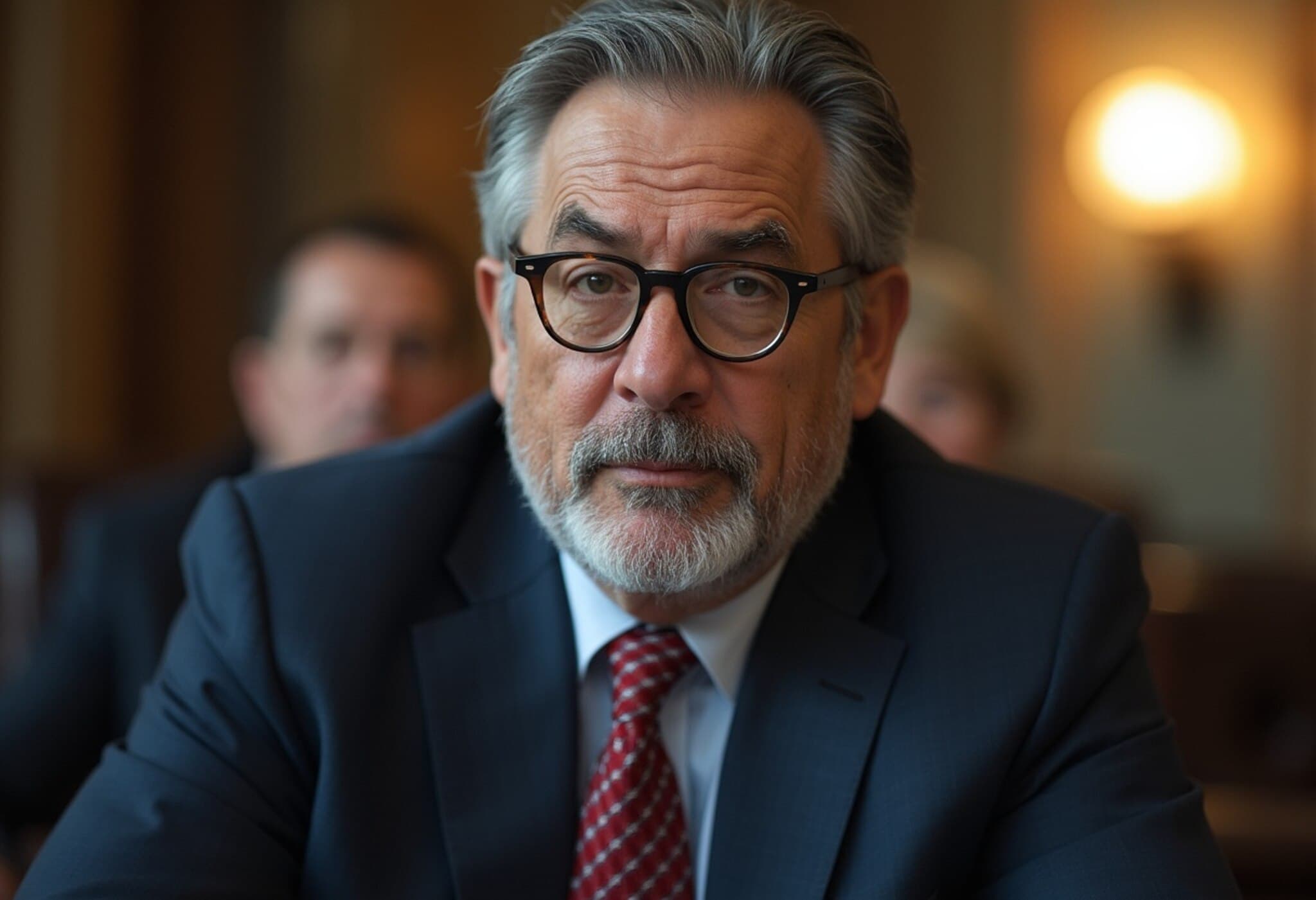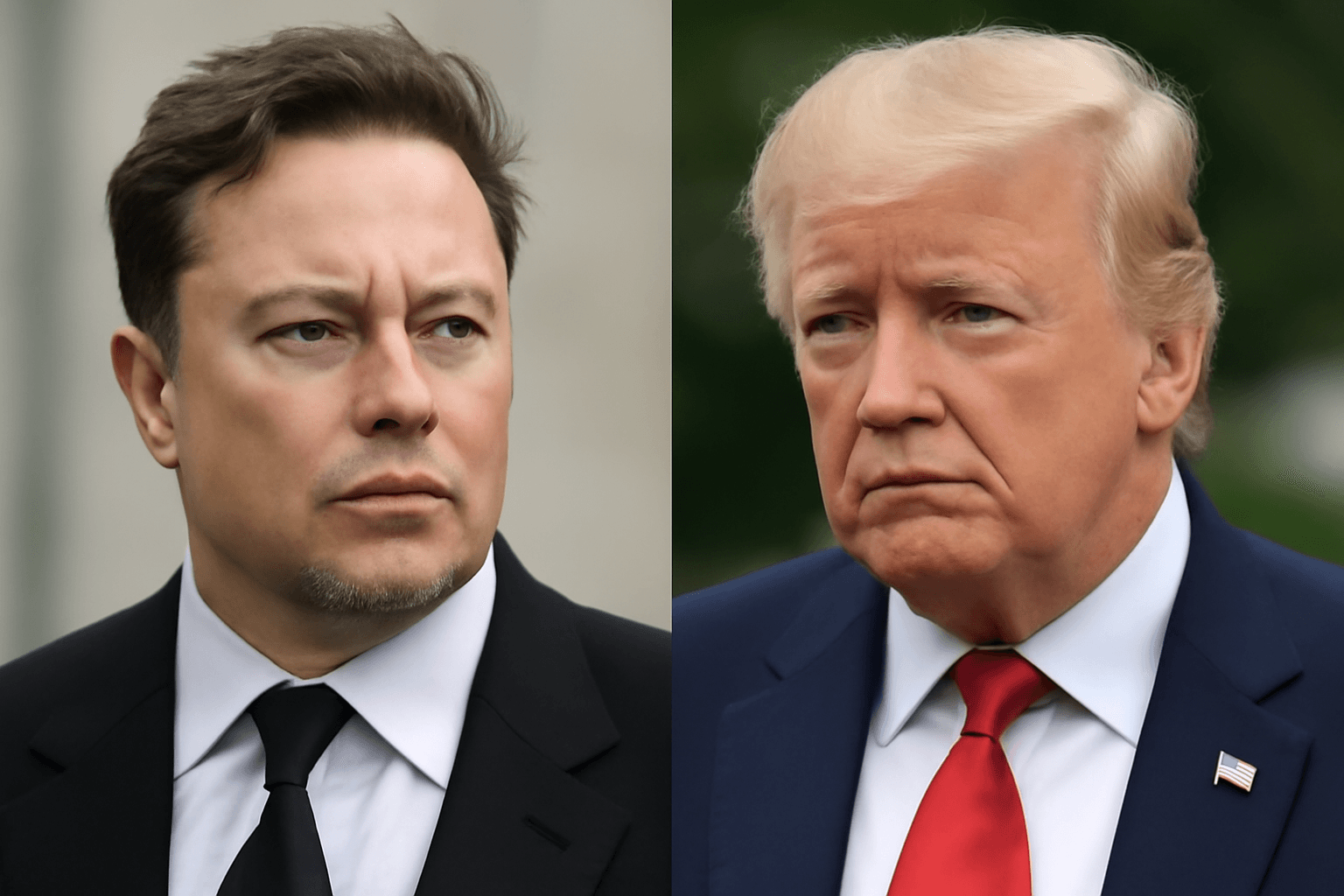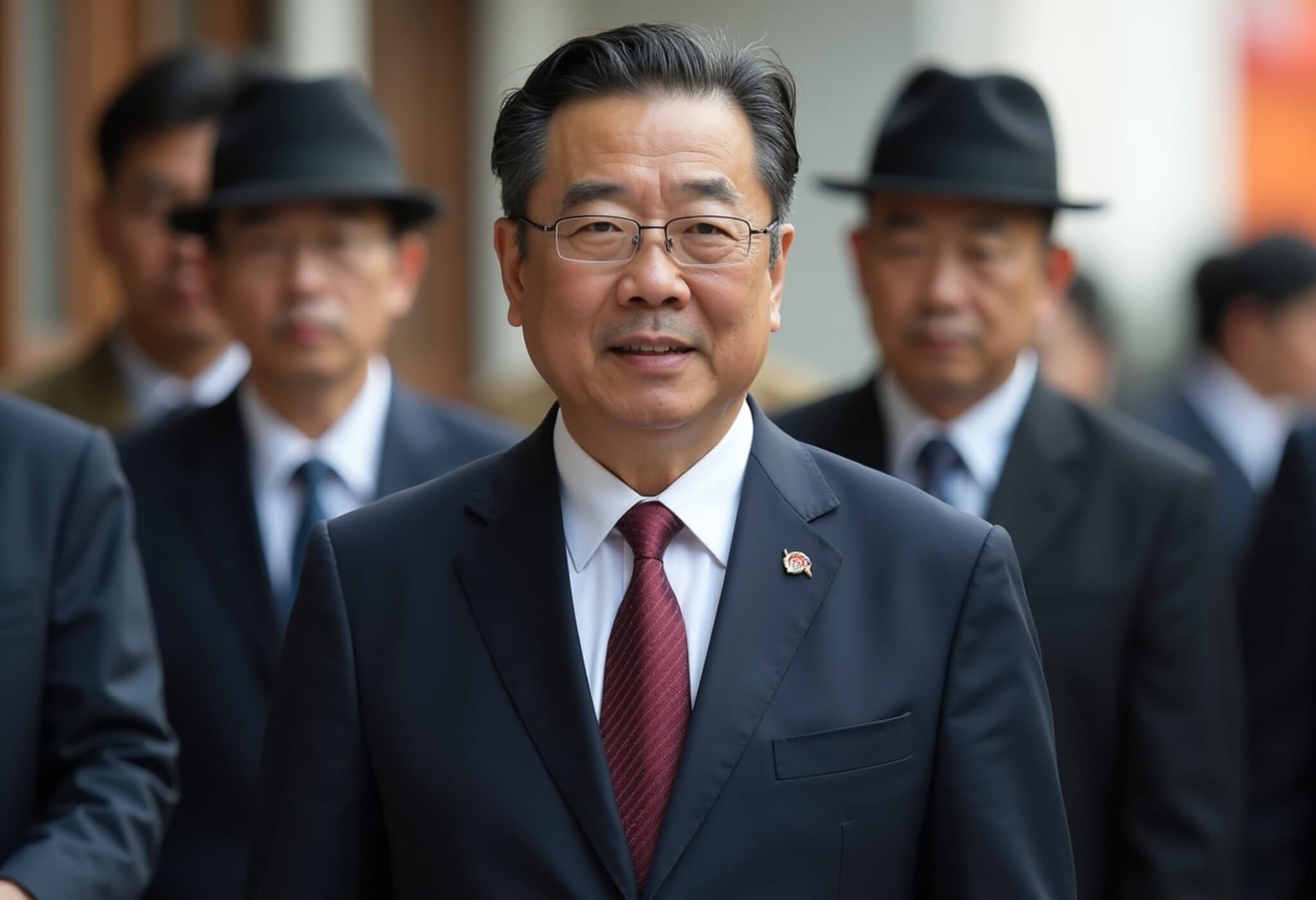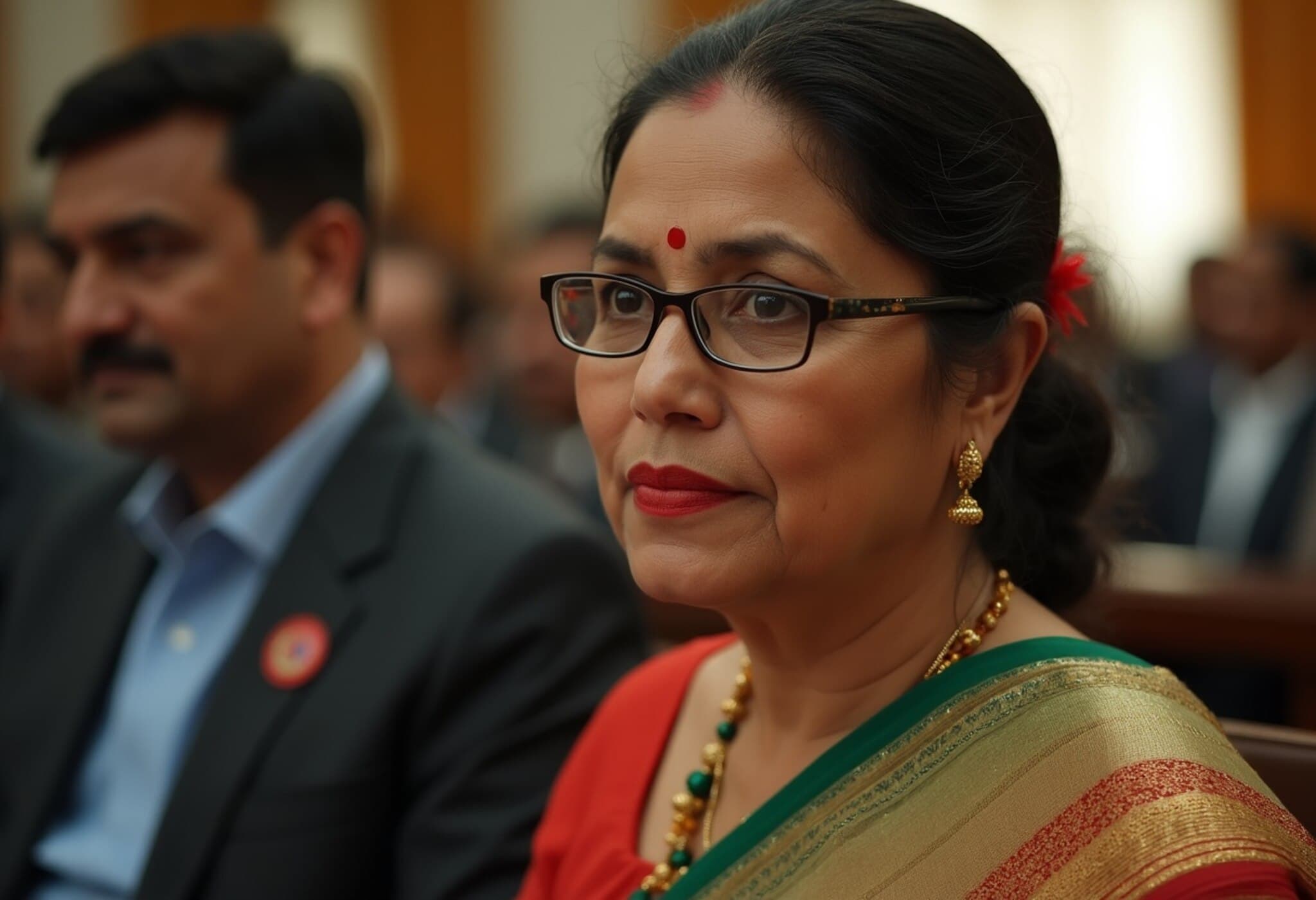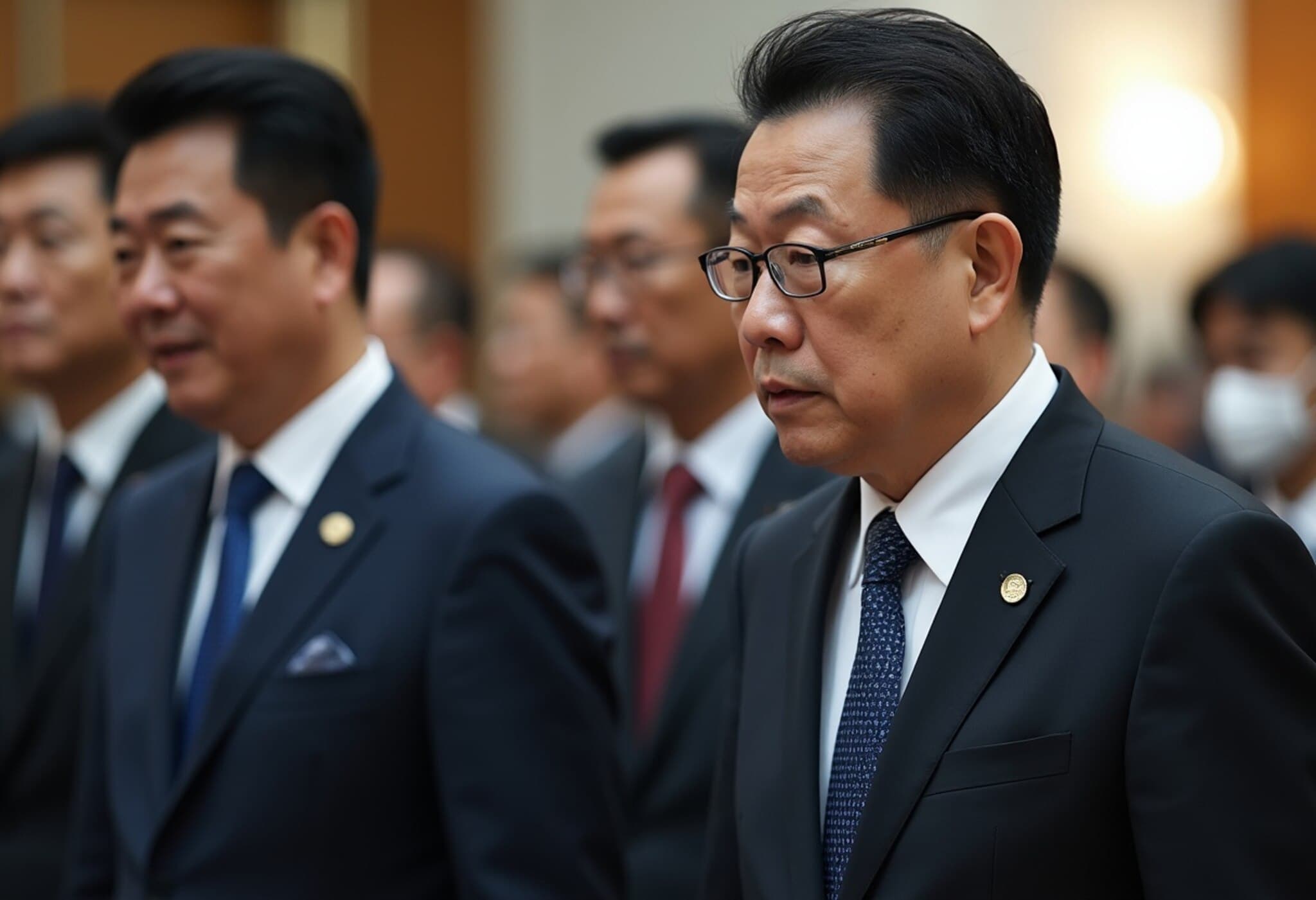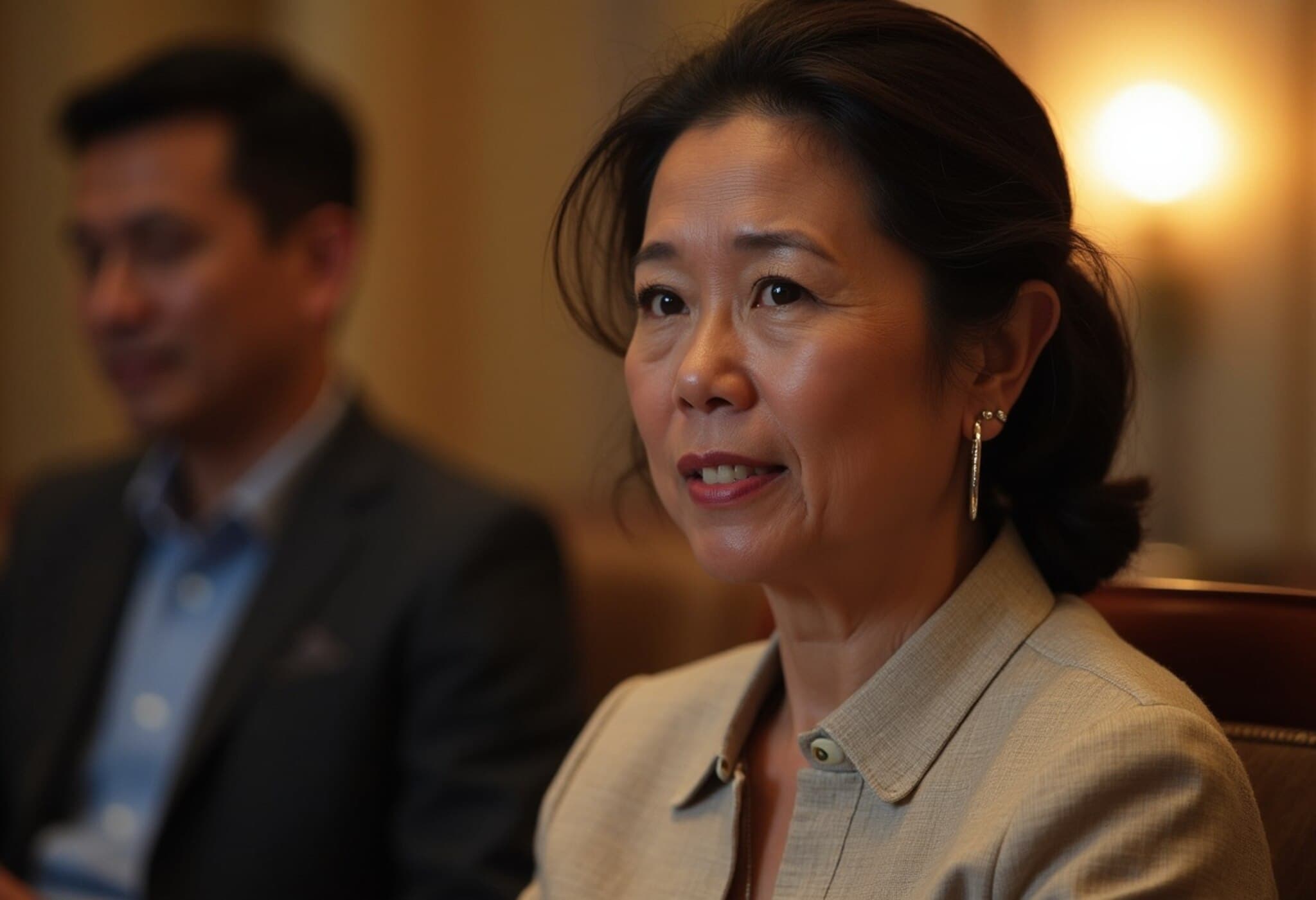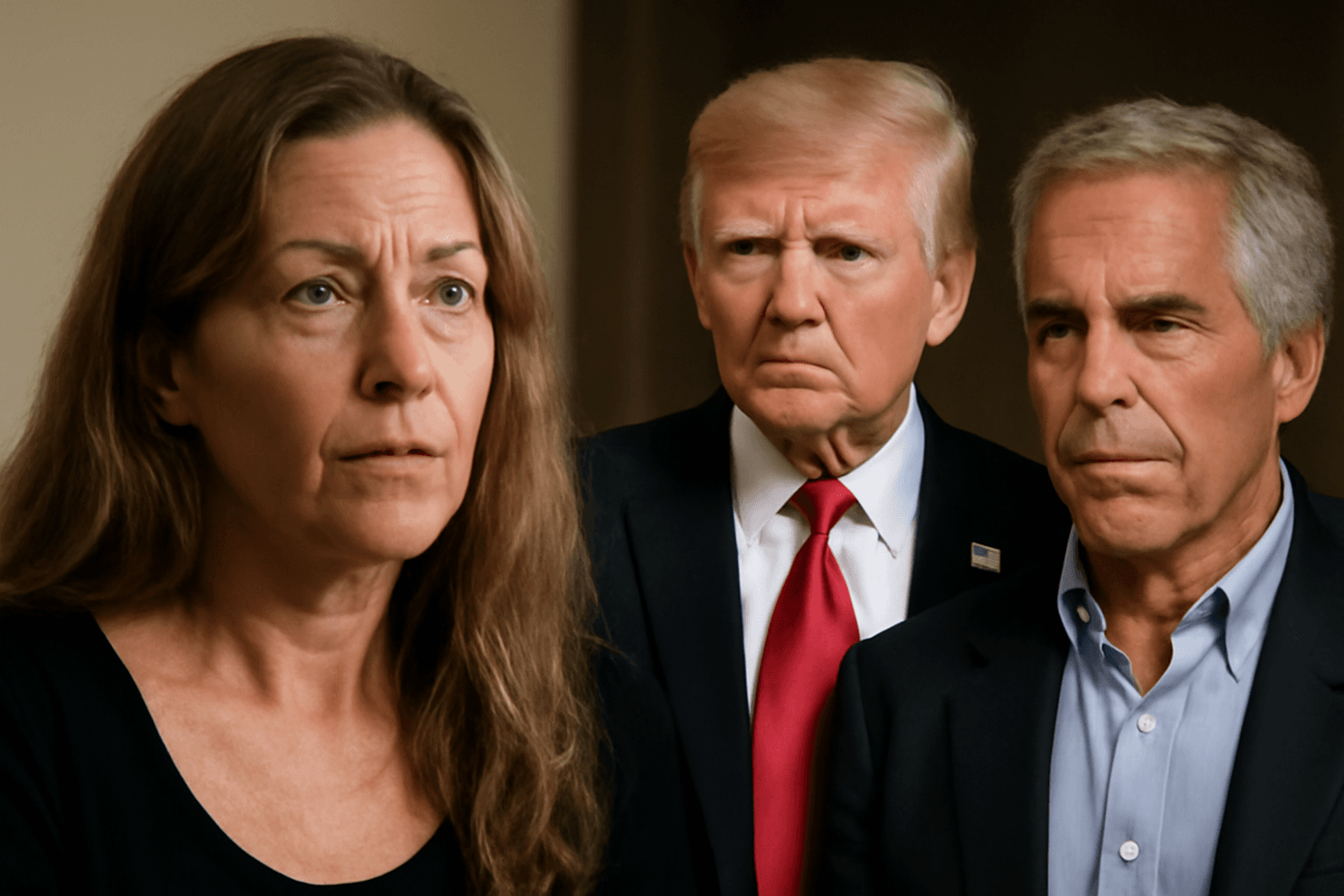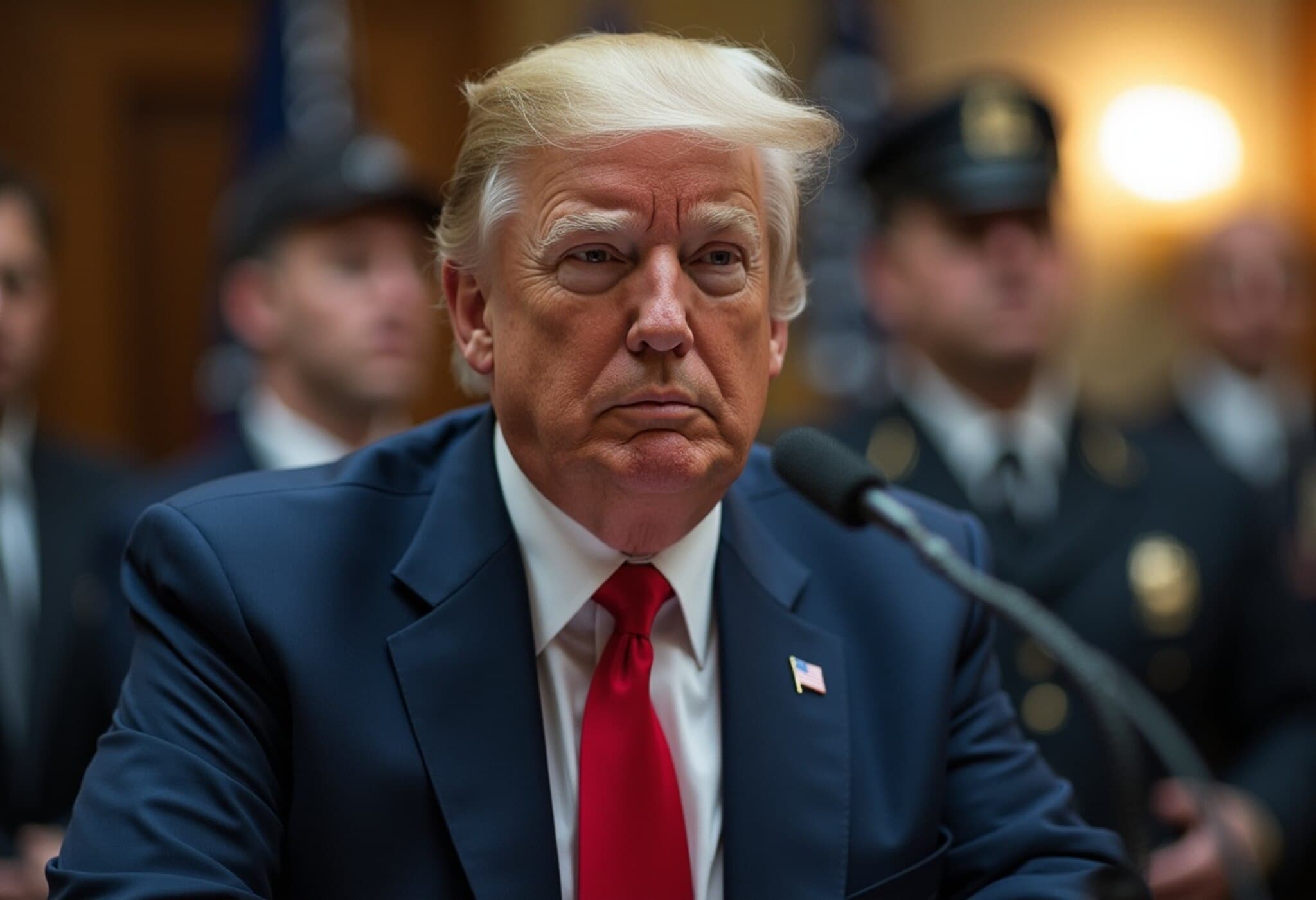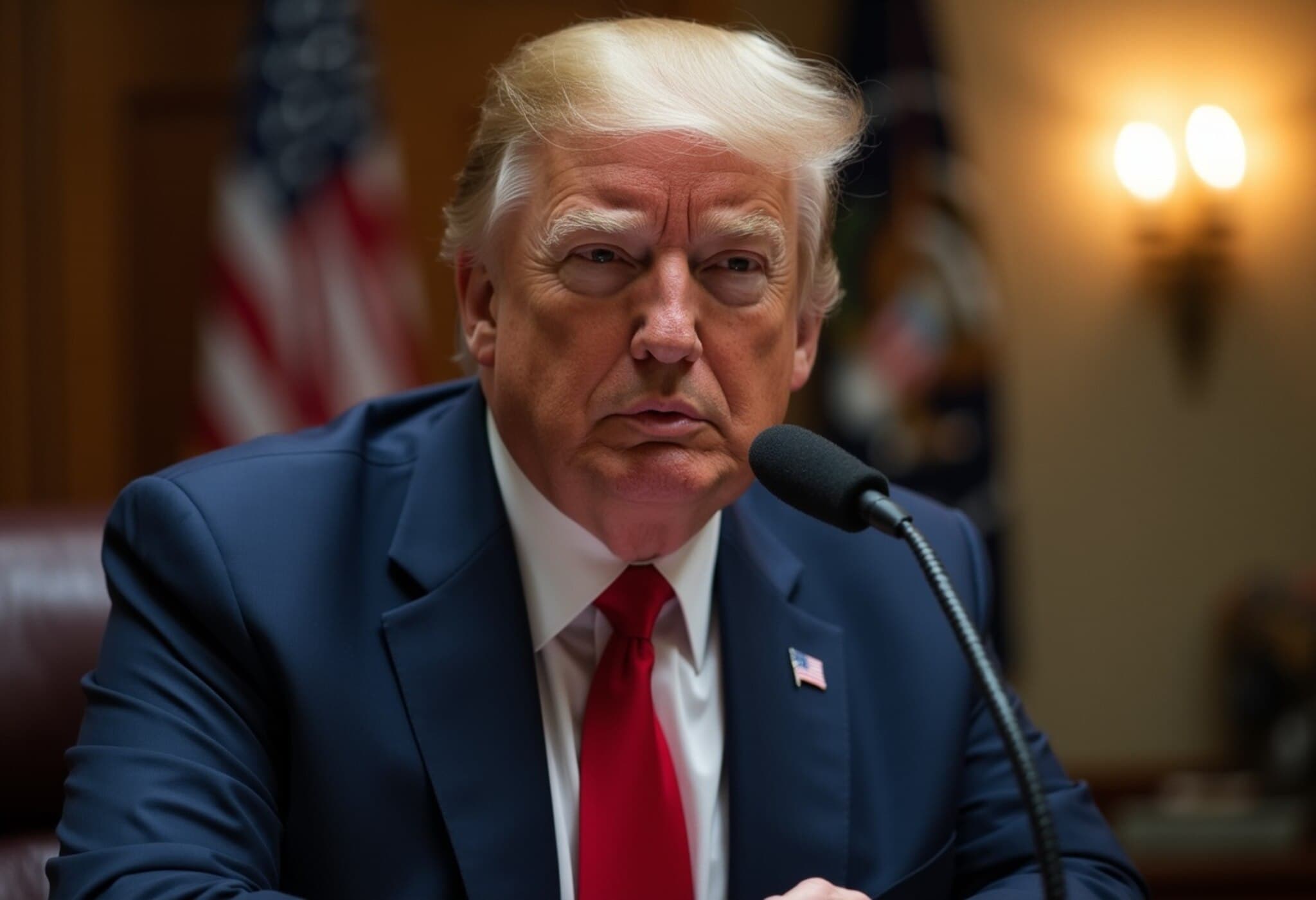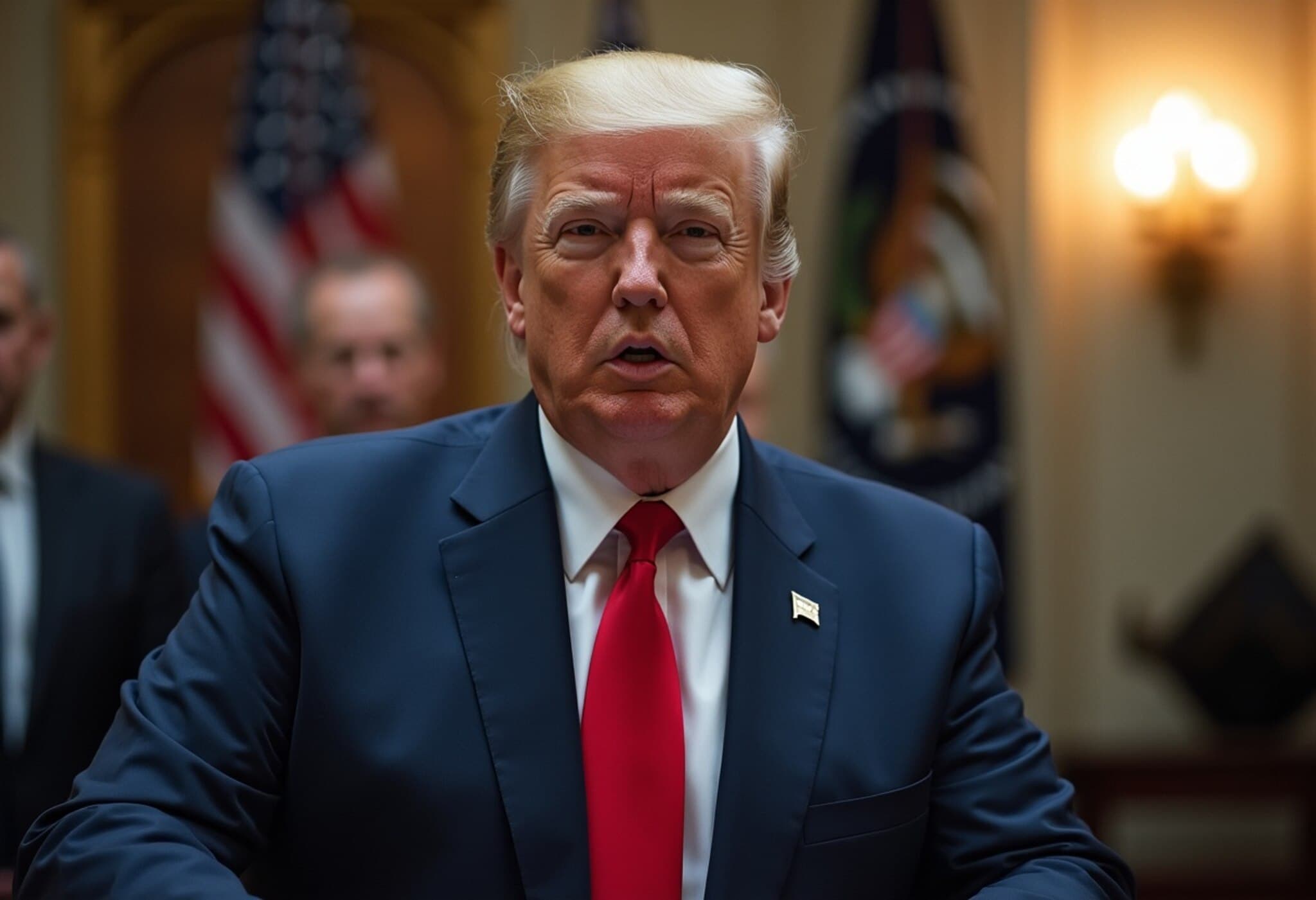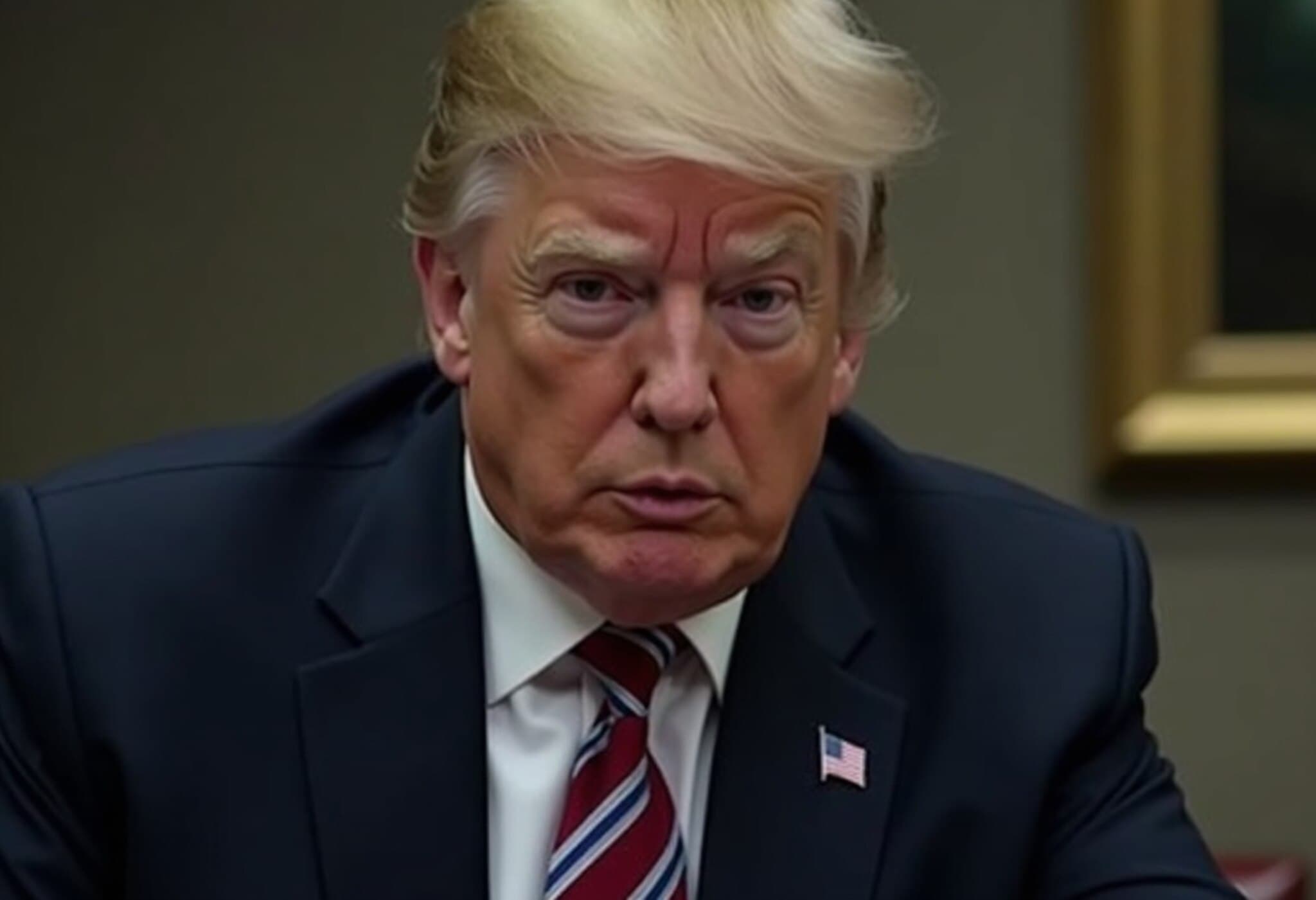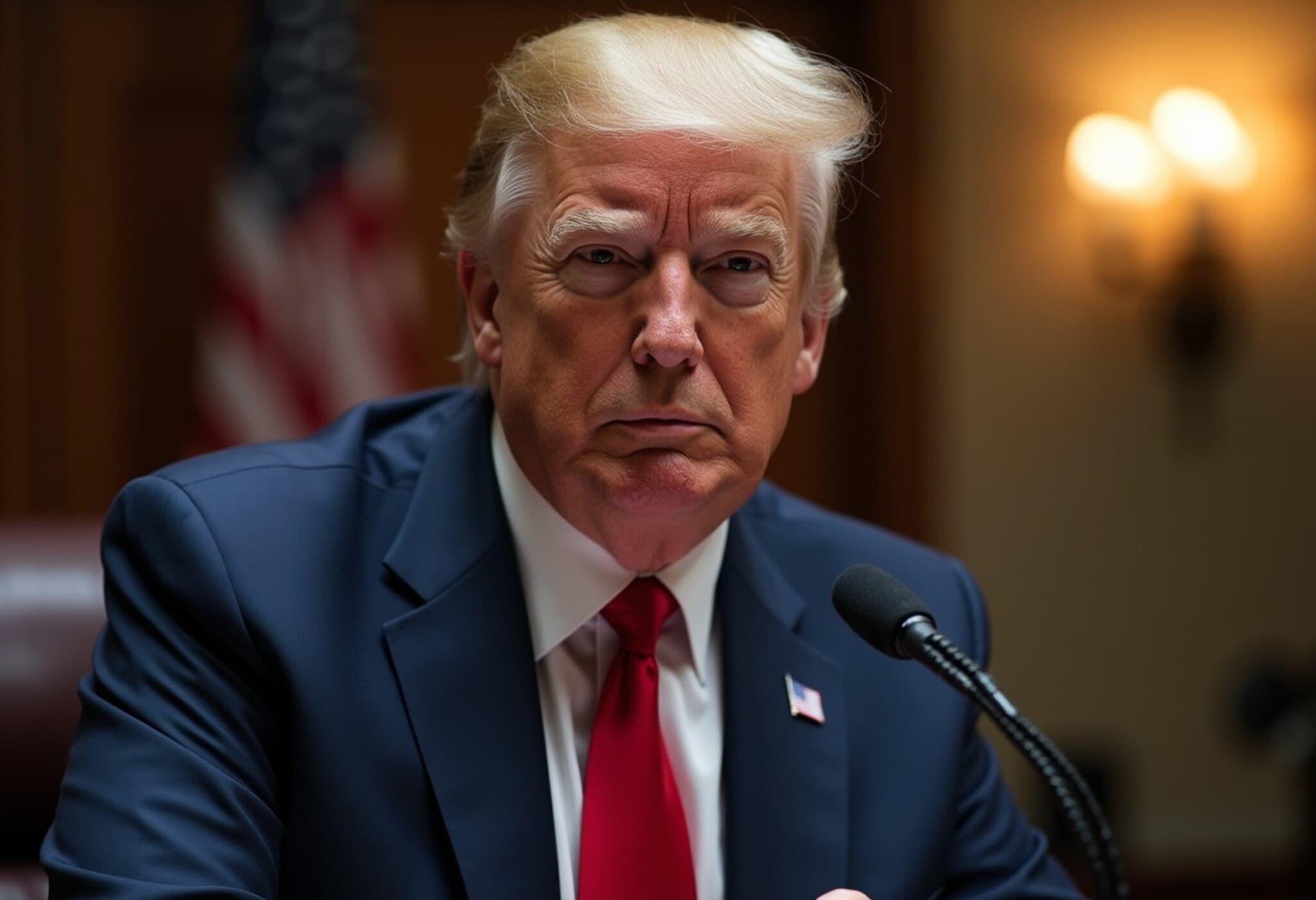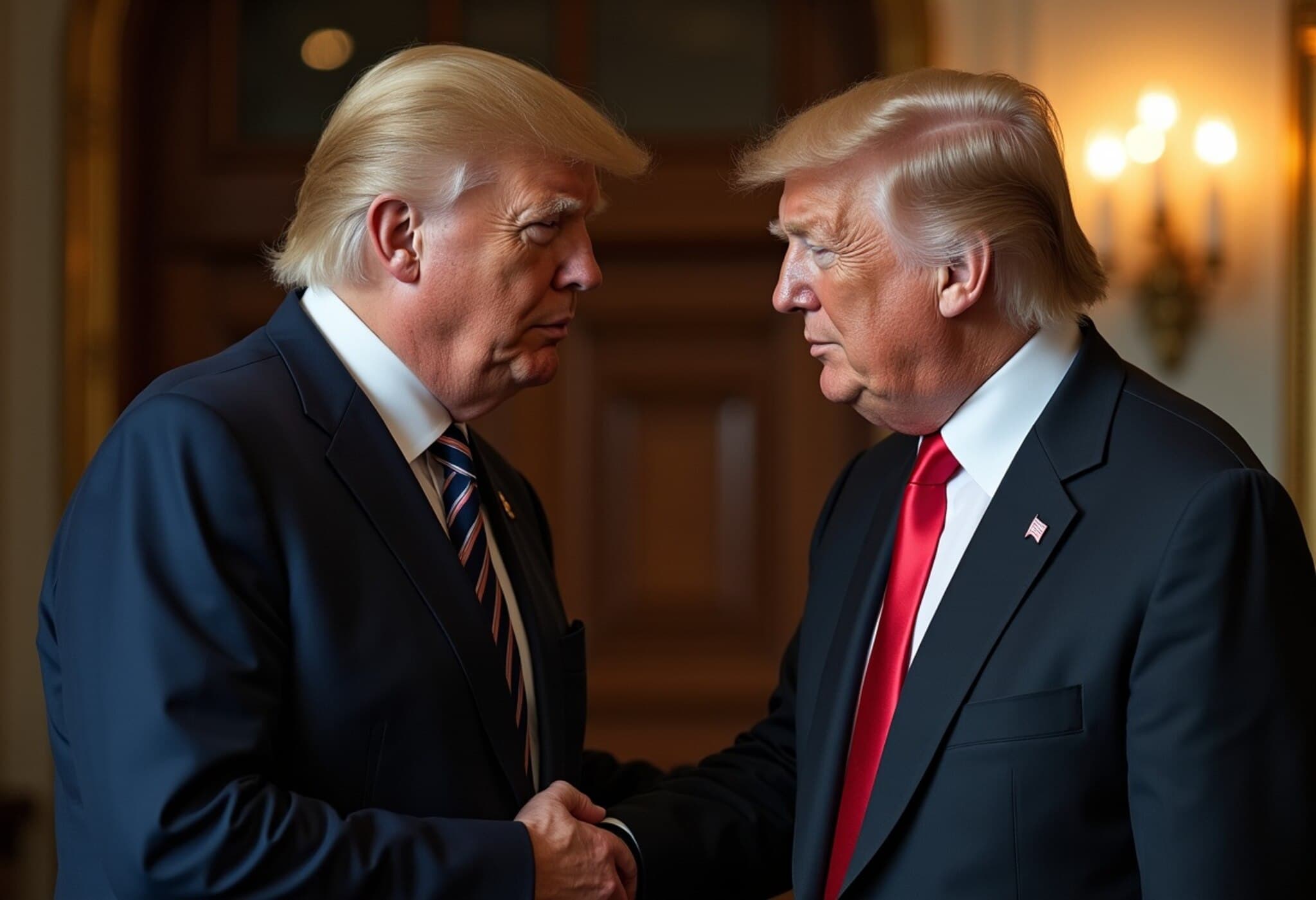Trump Dismisses Calls for Epstein Grand Jury Transcript Release
On Saturday, President Donald Trump took to Truth Social to address the intensifying pressure demanding the release of grand jury transcripts related to notorious sex offender Jeffrey Epstein and his associate, Ghislaine Maxwell. Trump characterized critics advocating for disclosure as "troublemakers and radical left lunatics," asserting that "even if" courts authorized the release, it "will never be enough." This statement underlines Trump's resistance despite a growing bipartisan call for transparency surrounding these sensitive and highly scrutinized criminal cases.
Background: DOJ Moves to Unseal Testimonies
Just a day prior, the U.S. Department of Justice (DOJ) formally sought court approval to unseal grand jury materials involved in Epstein and Maxwell’s prosecutions. This legal motion followed a request initiated by Trump himself through Attorney General Pam Bondi, who was asked to "produce any and all pertinent Grand Jury testimony, subject to Court approval." This move marks a significant moment, reflecting the complicated interplay between legal processes, political strategy, and public demand for accountability in high-profile sex trafficking investigations.
Trump's Evolving Stance on Transcript Disclosure
Notably, Trump's recent messaging reveals a subtle shift: on Thursday, he requested the release of "pertinent" grand jury testimonies, but by Saturday, he expanded his language to include "all" such materials. This change may signal an attempt to appear cooperative or to regain control over the narrative amid persistent public and media scrutiny. However, Trump simultaneously signaled doubts about satisfying his critics, emphasizing their insatiable demands regardless of transparency.
Intersection of Legal Battles and Media Conflicts
Adding another layer to the ongoing saga, Trump has launched a $10 billion defamation lawsuit against media mogul Rupert Murdoch and two Wall Street Journal reporters. The suit emerges after the Wall Street Journal published an article alleging that Trump sent Epstein a risqué birthday letter during Epstein’s 50th birthday celebration—a claim Trump vehemently denies. This lawsuit highlights the volatile intersection of legal disputes and media narratives that often cloud public understanding on such contentious issues.
Contextual Insights: Why This Matters
The Epstein case remains a flashpoint in American discussions on sexual exploitation, power dynamics, and the justice system’s role in holding the elite accountable. The pressure on Trump and the DOJ to release grand jury files is not merely a procedural matter but a profound demand for transparency in cases involving systemic abuse and alleged complicity of powerful individuals. Historically, grand jury materials are sealed to protect ongoing investigations or the privacy of involved parties, yet the public’s right to know often clashes with these legal protections.
Experts caution that while releasing all grand jury testimony could shed light on previously hidden details, it might also jeopardize the rights of victims or impact parallel investigations. Moreover, Trump’s rhetorical framing around "radical left lunatics" serves to politicize the issue, potentially undermining public trust in the judicial process.
Underreported Dimensions
- Victims’ Perspectives: The voices of Epstein’s survivors often get sidelined amid political theatrics. Their demands for justice and transparency are central but underemphasized.
- Legal Ramifications for Trump: Beyond public opinion, the outcomes of unsealing potentially damaging materials may influence ongoing or future legal challenges facing Trump.
- Media Influence: The lawsuit against Murdoch’s outlets raises questions about press freedom, journalistic integrity, and the power struggle between political figures and media empires.
Looking Forward: What to Watch
The unfolding developments will hinge on federal judges’ decisions regarding unsealing sensitive grand jury documents. The administration's approach to balancing transparency, victim rights, and political fallout will be crucial. Additionally, the resolution of Trump’s defamation suit could set notable precedents for political figures’ interactions with the press in an era of hyper-partisan media landscapes.
As the situation evolves, citizens and policymakers alike face critical questions about accountability mechanisms for the powerful, the role of information disclosure in democratic societies, and how justice is served in cases that bridge personal misconduct and public governance.
Editor’s Note
President Trump’s pushback against releasing Epstein-related grand jury transcripts spotlights a broader clash between transparency and political maneuvering. While legal protocols demand careful consideration of privacy and procedural fairness, the public’s thirst for clarity on a scandal entwined with elite misconduct remains unabated. Observers should consider not only the surface-level political rhetoric but also the deeper implications for victims’ rights, media freedom, and the integrity of the American justice system.

